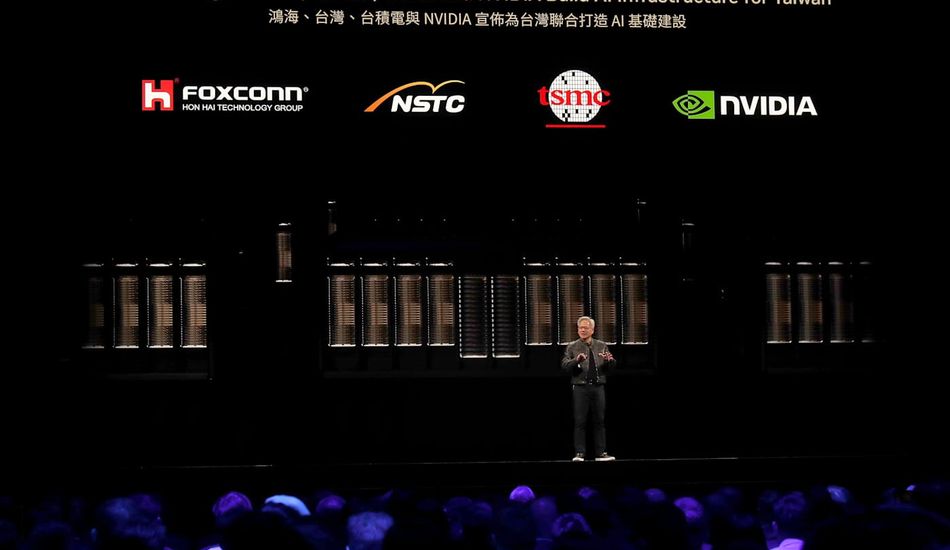
Taiwan's New AI Supercomputer
A significant development in the global AI landscape is emerging from Taiwan, where NVIDIA and Foxconn are collaboratively constructing what they term an "AI factory supercomputer." This powerful system, boasting an impressive 10,000 NVIDIA Blackwell GPUs, is poised to dramatically enhance AI computing accessibility for researchers, startups, and various industries within the region.
Boosting Taiwan's Technological Prowess
The initiative extends beyond mere computational power. NVIDIA is establishing a new headquarters in Taiwan, solidifying its commitment to the region. The project also receives substantial backing from the Taiwan National Science and Technology Council, which plans to leverage the supercomputer's cloud resources to foster growth within its tech ecosystem. Minister Wu Cheng-Wen envisions creating a robust AI-centric industrial ecosystem in southern Taiwan, aiming to cultivate innovative research, a strong AI industry, and widespread adoption of AI tools. The ultimate ambition is the development of a "smart AI island," encompassing intelligent cities, a goal that relies heavily on this collaborative effort.
Broader Applications and Collaboration
Foxconn, through its Big Innovation Company subsidiary, contributes the supercomputer's AI infrastructure. The company intends to utilize this system to advance its work in smart cities, electric vehicles, and manufacturing processes. This includes optimizing connected transportation systems and other urban resources, as well as developing cutting-edge driver-assistance and safety systems. Even TSMC, a key player in the semiconductor industry, will benefit from access to this powerful computing resource, accelerating its crucial research and development efforts.
This ambitious project underscores the growing importance of AI in diverse sectors and the strategic partnerships needed to drive innovation forward. The resulting infrastructure promises to significantly shape Taiwan's technological future.
1 Image of AI Supercomputer:


Source: Engadget